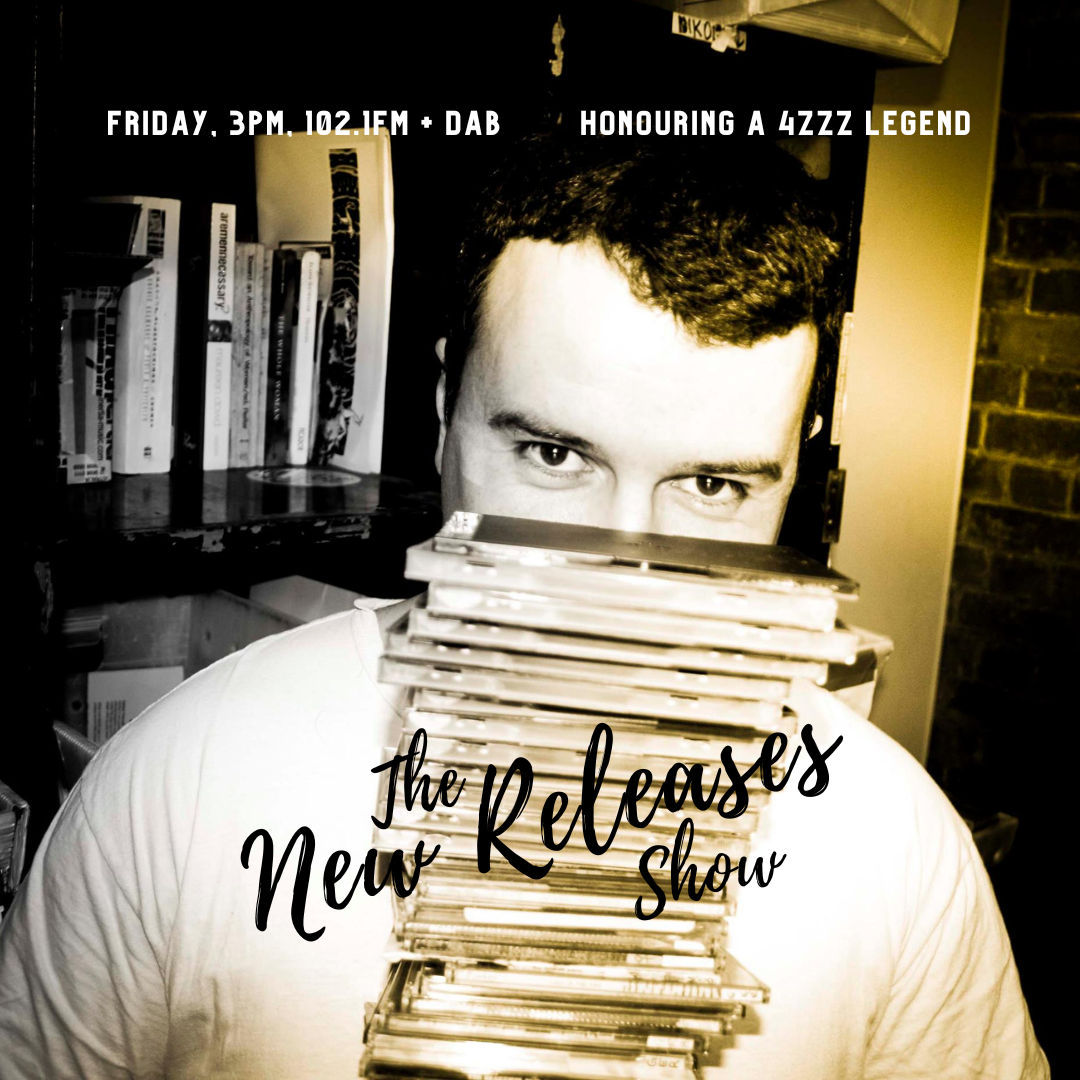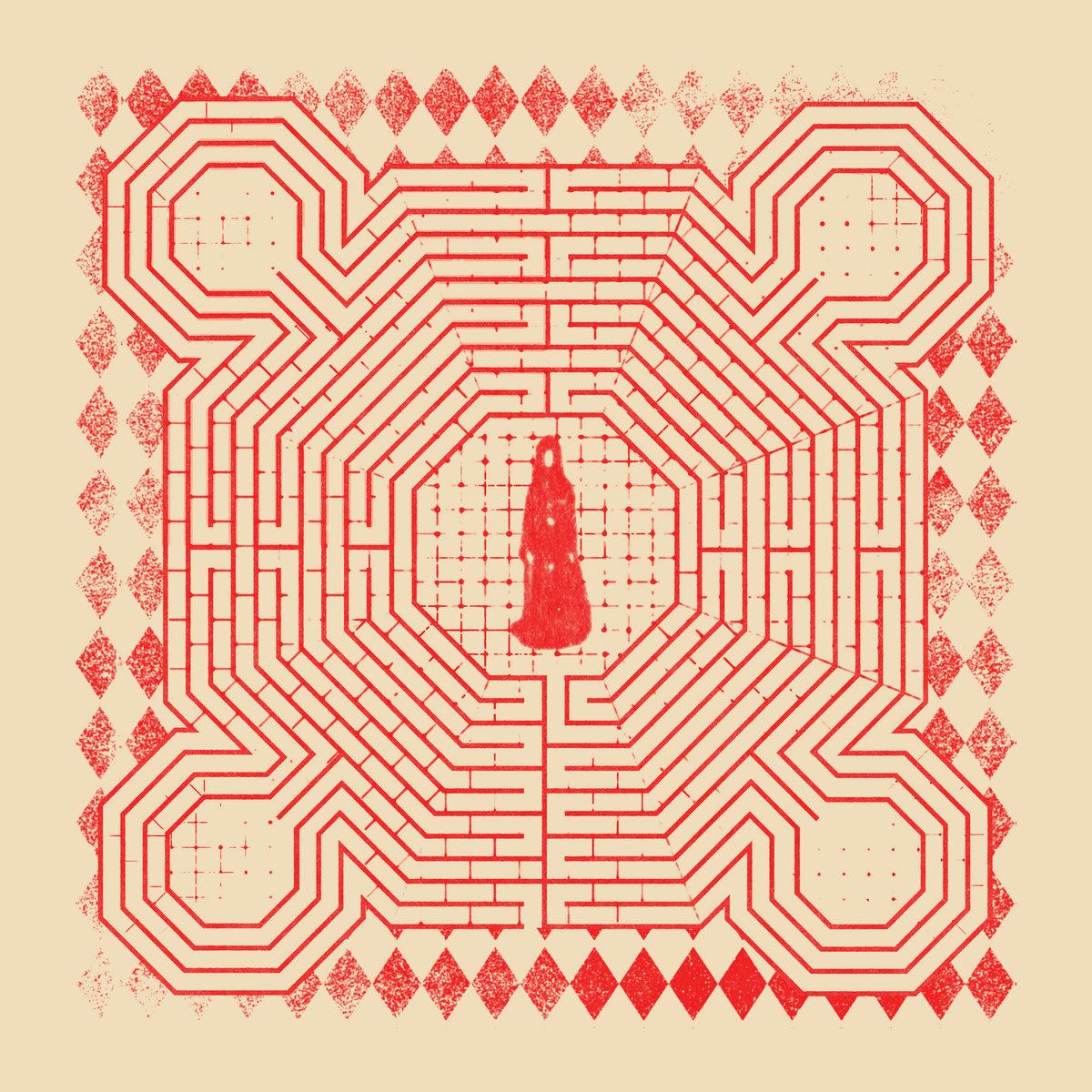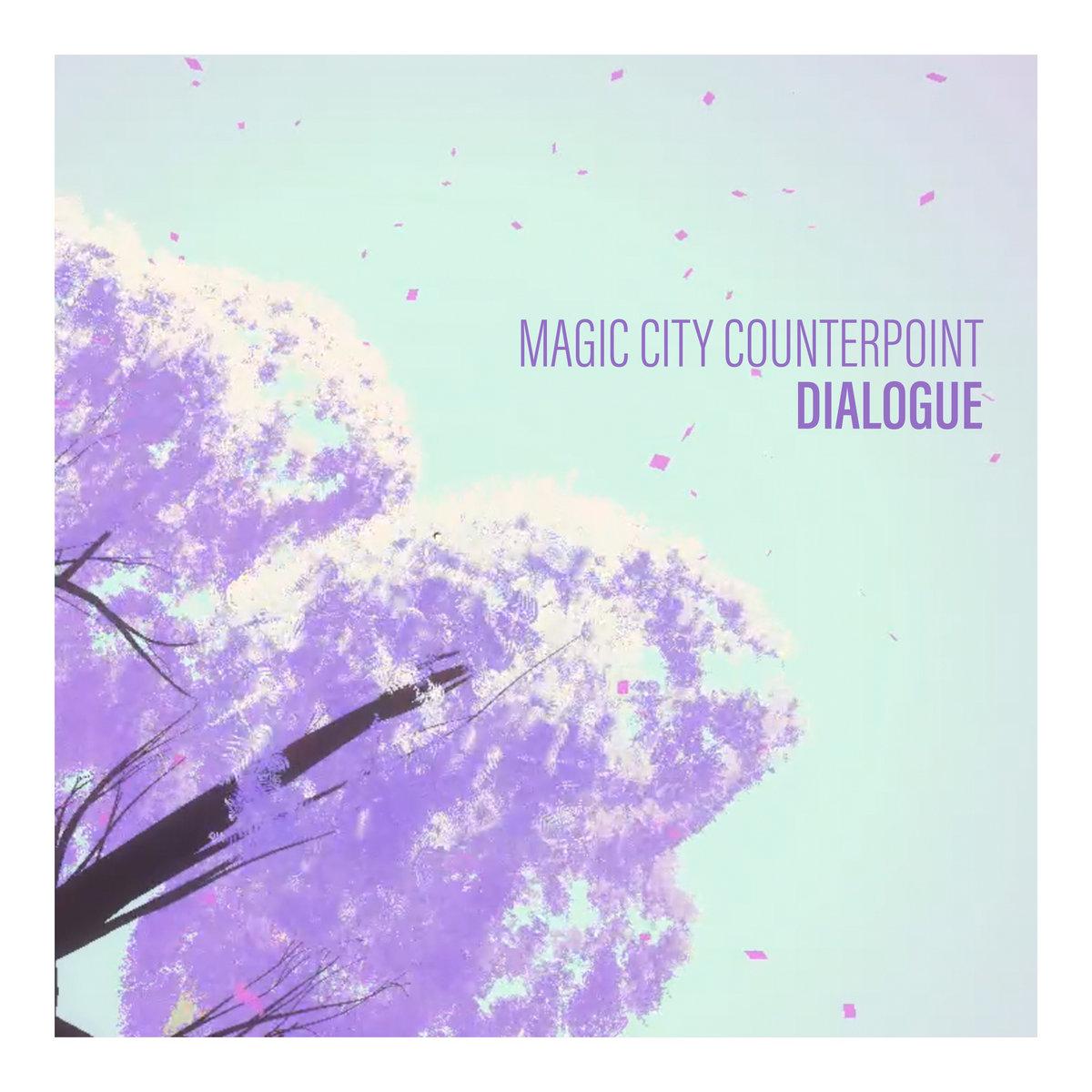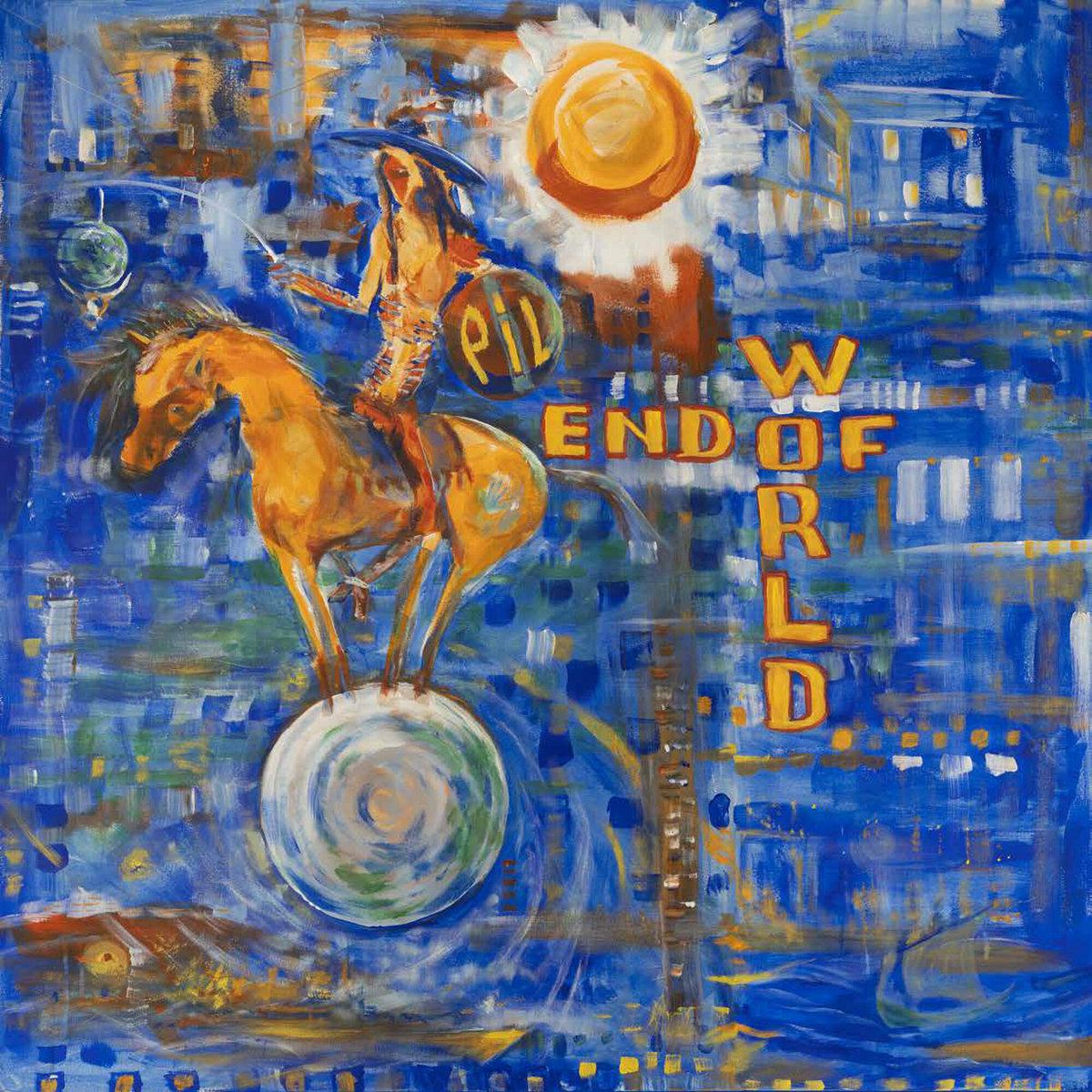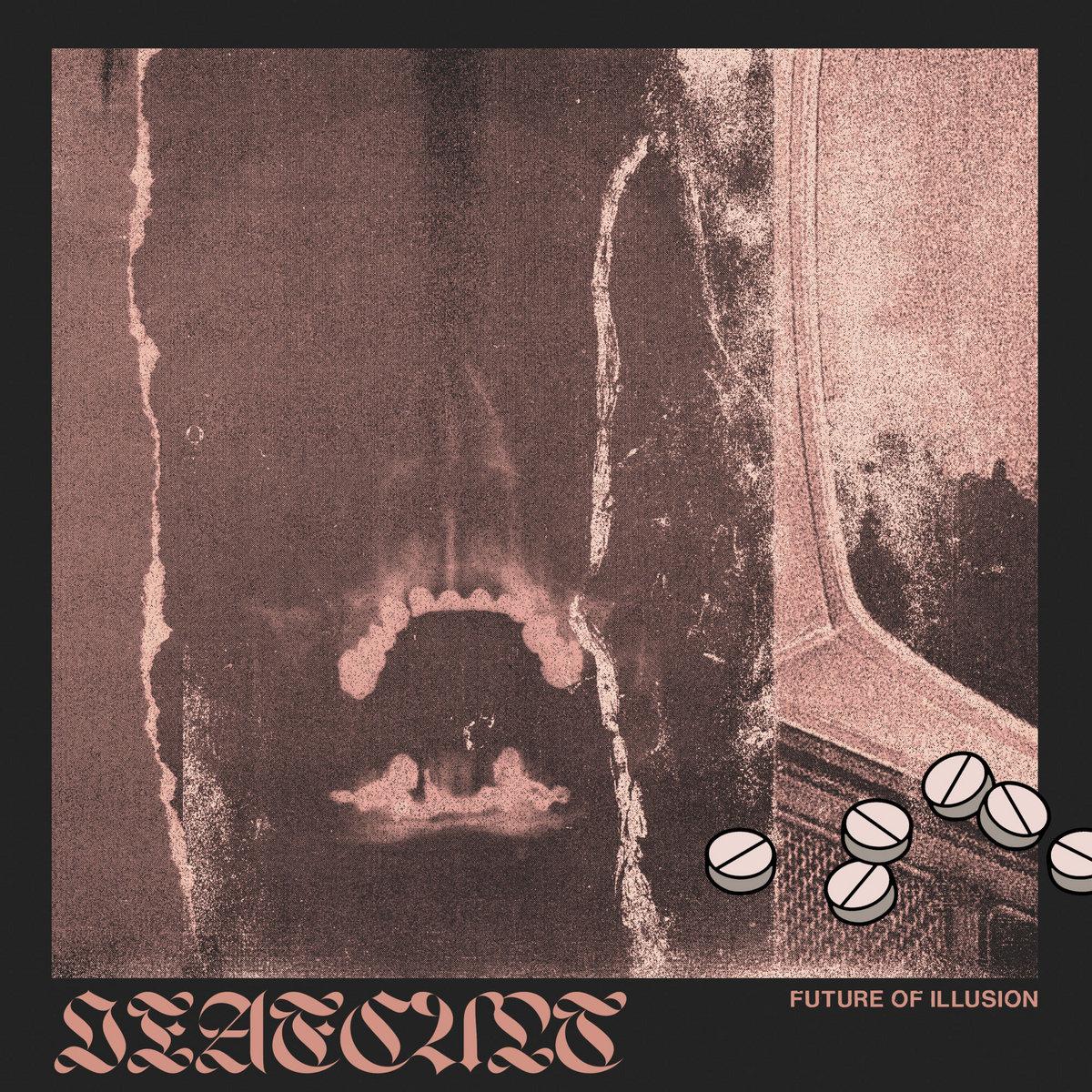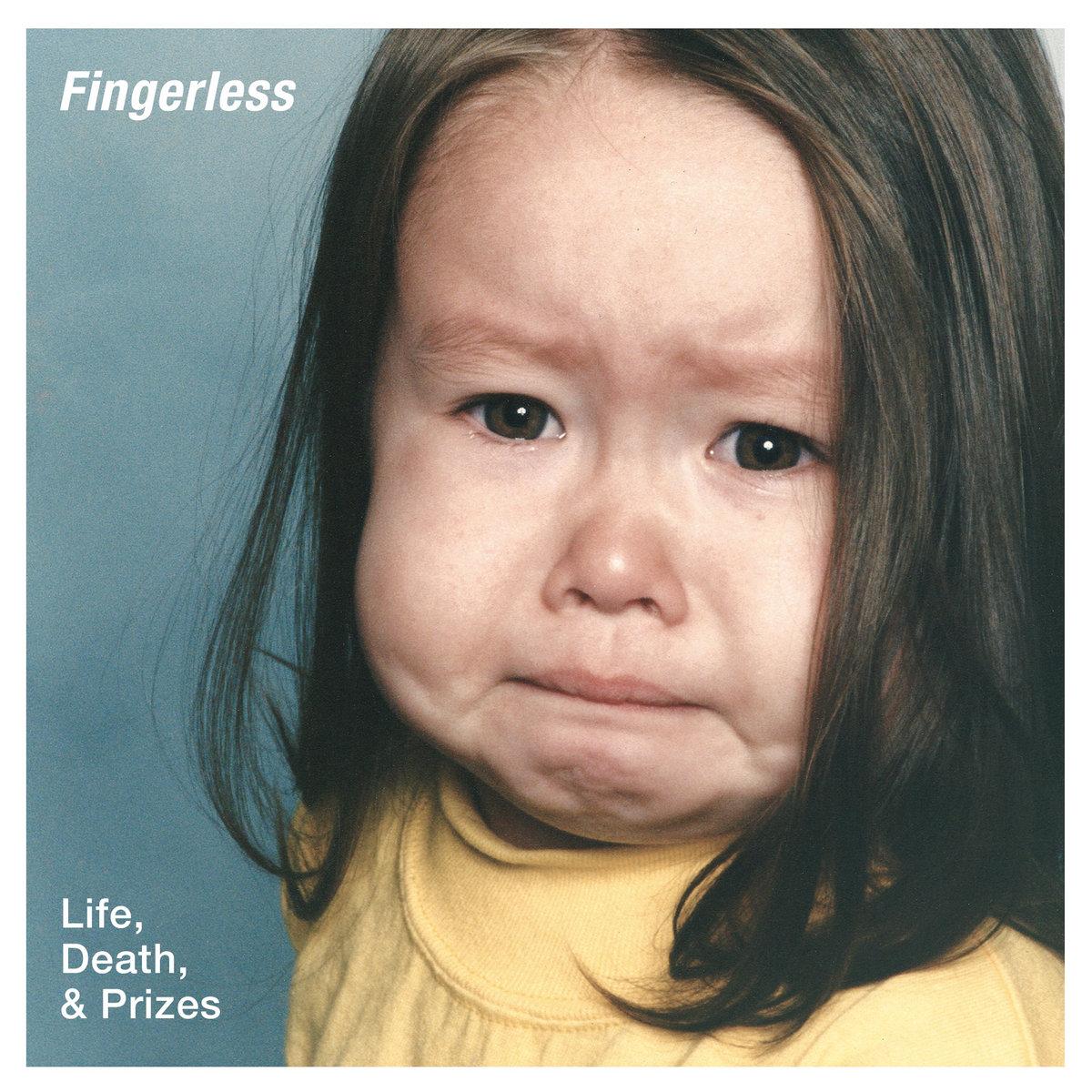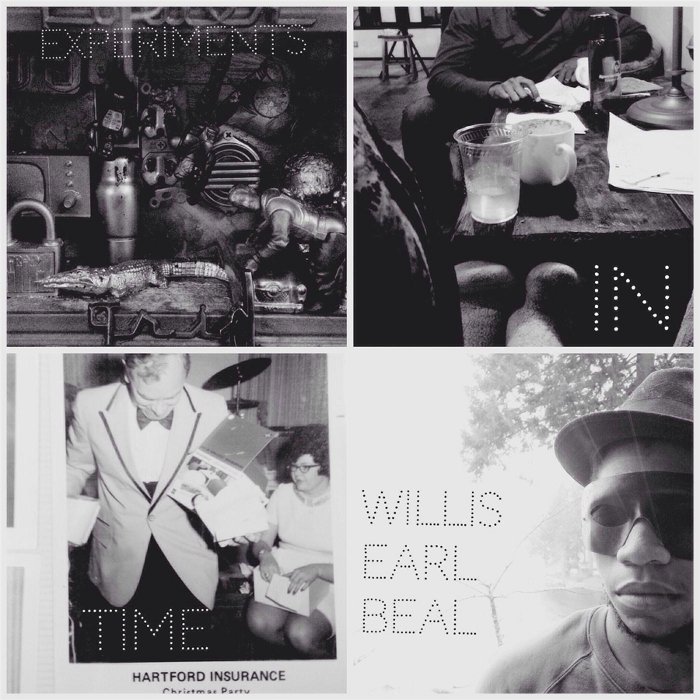
- Willis Earl Beal is the archetypal musical outsider and, just recently, has happily embraced the status of industry maverick as well. In regards of the former: Beal was a mentally unstable, semi-homeless army-vet, with a habit of leaving CD-Rs of his music in public places and a ... ‘unique’ might be the best way to describe it - over-the-phone busking business plan; it’s become the stuff of legend.
Listening to his debut album, Acousmatic Sorcery, made it all very easily believable. A shaggy beast, full of seemingly unintentional discord, strange musical choices and amp-blowing roars. The musicianship and production were sketchy at best, but an underlying musicality and the heart of Willis Earl Beal overwhelmed other concerns: the album is an anti-folk, outsider-soul diamond in the rough and one that glitters quite brightly.
Beal joined a group of musicians that transform a lack of musical training into a virtue. The bizarre electro-pop of Grimes, the mind-bending ‘alt’-country of Daughn Gibson or the so-called ‘doom-soul’ of Cold Specks come from the same place. For this type of musician, success is a special kind of danger. Getting label backing, getting proper equipment, getting into a studio and working with a producer, allows them to unleash, for the first time, the music they imagine in their heads, unimpeded by their fumbling, weird efforts to make it happen. Often, in the process, everything that’s interesting, different, weird and wonderful gets neatly cut away, leaving a bland and generic sound that’s just like what everyone else is making.
Beal’s sophomore record, Nobody Knows, wasn’t a disaster, it really wasn’t too bad, but it did follow that formula and was the lesser for it. Much of the strangeness of Acousmatic Sorcery was wiped out and what was left was a quiet and unprepossessing soul record which quite a lot of people were prepared to shell out a shekel or two for.
It appears that Beal himself was less happy and -here’s where he becomes a maverick- not only parted ways from his label, XL, very publicly laid out how uncomfortable he’s been, being forced into the mould of a rock-star, as he sees it. The strange thing is that, as record companies go, it’s difficult to think of a more sympathetic home for Beal’s strange sounds. XL’s roster includes or has included such unrepentantly individual voices as Thom Yorke, King Krule, Tyler The Creator and Gil Scott-Heron and I had previously formed the impression that label boss Richard Russell was a pretty supportive guy when it came to working with artists to achieve their vision.
Be that as it may, just a year after Nobody Knows, Willis Earl Beal is releasing his third full-length and nobody else is telling him how to do it. So how does that sound? Well, like an amalgam of his first two. I’d say ‘strange’ amalgam, but that’s par for the course, really. The instrumental backing is, exclusively, whisper-quiet. The synthesiser on opener Questions is a regular accompaniment: drenched in reverb and sounding very much like a more DIY version of the incidental music from Twin Peaks. Beal’s vocals, only loud by comparison, take center-stage. A philosophical soul sound for his musing and pining. At its best, on cuts like Same Auld Tears or Slow Bus, Beal comes across as a more soulful version of his hero, Tom Waits, moaning little profundities that can only be discovered when you’ve reached life’s lowest point. That’s a recurring theme on Experiments. Beal certainly captures the lonesome, 2am searching of those who choose the path less taken: both its mysticism and its bitterness. In some ways, Beal being who he is, it actually sounds more convincing coming from him than it does from Waits.
It doesn’t always sound pleasant though. Without returning to the noisy extremities of his first record, the production is again, terrible. His vocals peak fuzzily like he recorded the whole thing on a dictaphone, slumped over his nasty, cheap kitchen table. The rhythm ambles along brokenly and the tuning is, only occasionally, ear-rending. How much is intentional? How much does Beal care? Who can say?
The lyrics, Beal’s philosophical ramblings, are far and away the most important thing here: the journey he wants you to take with him. There are moments of Waitsian blues-soul rhapsody that grip you inside: “Well I’m gazing at the moon / While I pedal the bike / I got me a caffiene high / But I Don’t Feel Right / I Tell you everybody knows / Something I don’t know / That Ol’ Idiot Wind / Everywhere It Blows / I feel a change coming on / Coursing through my veins / It won’t be long till I’m gone / And they all know my name / I share the same old tears.” They’re outnumbered by stanzas with a more preppy construction: “In the eye of the storm / it seems I was born / I have taken my form / At twelve o’clock in the morn.” Really? Come on.
If the rhyming scheme can be a little juvenile, Beal’s philosophy should be familiar to anyone who’s been twenty-something, unemployed for a while and done some proper soul-searching. That can offer some epiphanies, but it isn’t always enough.
Willis Earl Beal has rejected what the music business had to offer and, unharnessed from those responsibilities he’s pondered long and slow at what’s out there. Some people may find diamonds, but I think he should keep searching, because what he’s turned up is mostly rough.
- Chris Cobcroft.


